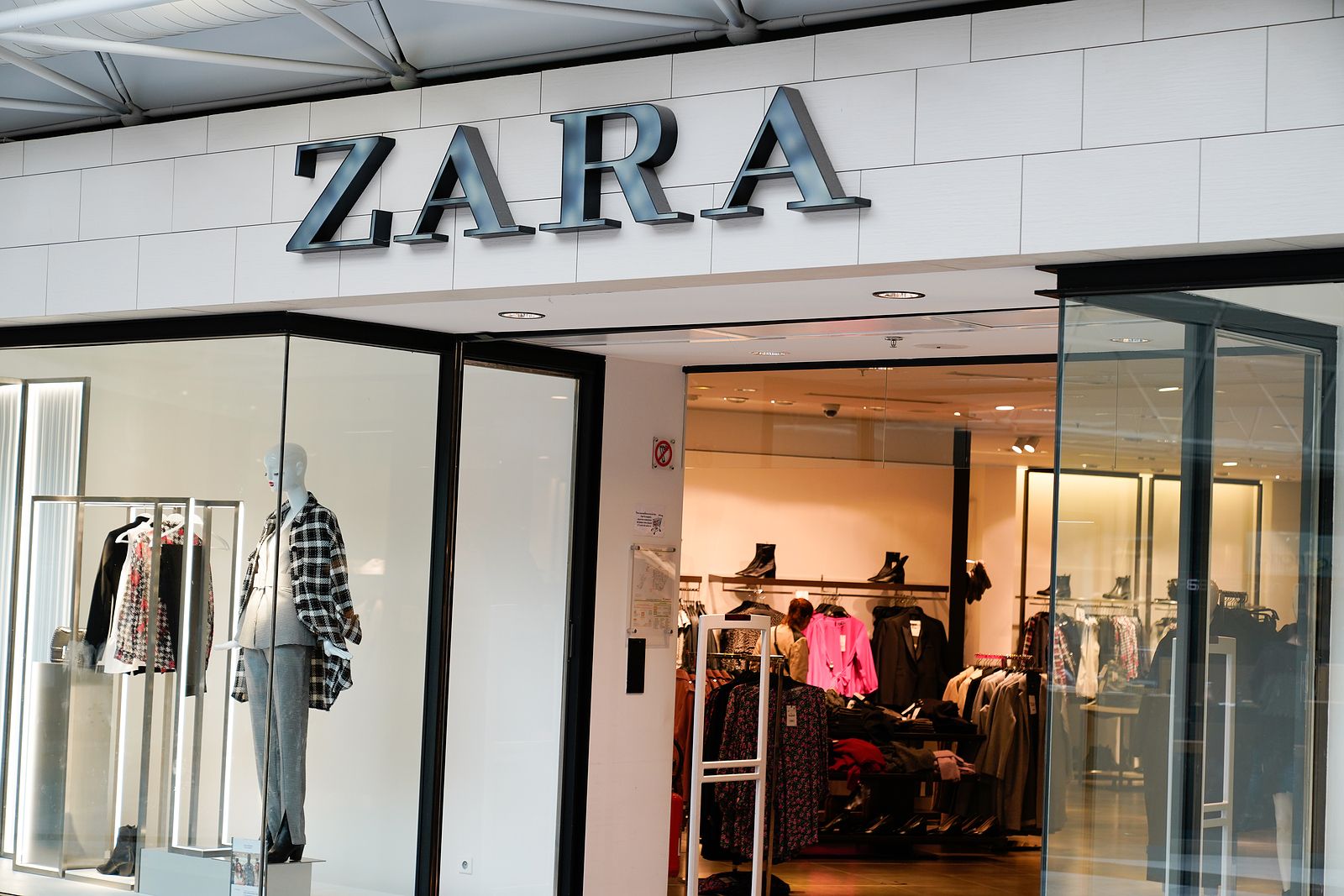Circularity is a systems solution framework that addresses global challenges such as climate change, biodiversity loss, waste, and pollution, and involves a shift in the current economic model to decouple economic activity from the consumption of finite resources, according to the Ellen Macarthur Foundation.
In practice, it is a system that involves reducing waste to a minimum, keeping it as much as possible within the economy. They can then be productively used again and again, creating additional value. But is it possible to transfer this approach to the fashion industry, which is notorious for generating mountains and mountains of textile waste?
Reselling clothes has become fashionable. Giving a second or third life to garments is, in addition to being a business for many, a way of contributing to a more sustainable and committed commercial activity. The latest global textile company that has decided to participate in this adventure has a Spanish label, Zara.
Owned by Inditex, it has signed an agreement for more than 100 million euros to purchase a recycled and recyclable textile fiber that will allow them to move towards a more environmentally friendly model. This is what we can expect from their move towards sustainability, in addition to having previously begun sourcing its recycled garments that are certified by the Global Recycled Standard and the Recycled Claim Standard.
Zara Gives a Second Life to Discarded Clothing
As one of the leading international fashion companies, the clothing chain said, it launched an internal service for British customers to sell, repair, or donate second-hand clothes last October 2022.
Through this new platform, consumers in the UK will be able to apply and access the new benefits offered by Zara. This initiative seeks to address some of the growing demands of its consumers. This new platform is one more action that is part of Inditex's sustainability approach and its commitment to move towards a circular economy model, which covers all phases of its activity, from product design to store management, as well as manufacturing, logistics, and company offices.

Zara Pre-Owned Platform
In this way, the group founded by Amancio Ortega offers the opportunity to repair, resell or donate second-hand Zara garments through the Zara Pre-Owned platform, available in stores, web, and mobile app, through which customers will be able to make more sustainable decisions regarding their used clothing.
For example, with the repair service, Zara customers will be able to request alterations to any used Zara garment from any season, ranging from replacing buttons and zippers to repairing seams.
While the company hasn’t yet announced its plans to extend this program to other regions, it did note that the initiative seeks to go one step further to lead innovation in the fashion world and shape the future of the industry.
In advancement towards sustainability, Zara is following other fast fashion brands, such as its main competitor H&M, in offering products for resale at a time when the global second-hand clothing market is booming.
